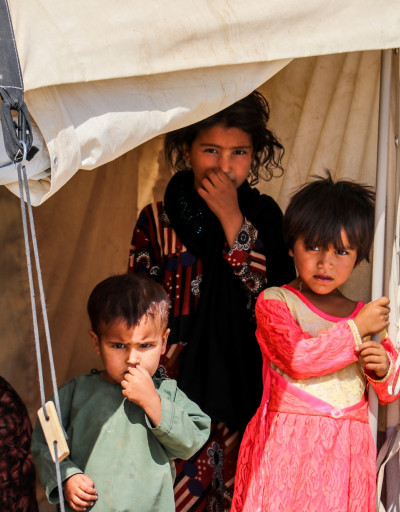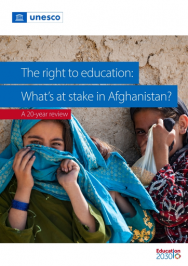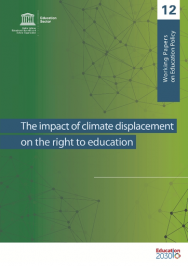
Education in emergencies
Emergencies caused by armed conflict and instability, disasters and hazards, pandemics and the effects of global climate change, disrupt education and leave millions of children and youth out of school worldwide. In countries and regions affected by emergencies and protracted crises, young people suffer the loss not just of homes and loved ones but of access to education and a safe learning environment, impacting their futures and that of the wider society.
Access to learning opportunities during crises is life-saving and life-sustaining. UNESCO works to ensure that inclusive and equitable quality education remains a priority in humanitarian response and recovery assistance for migrants, refugees, internally displaced people, returnees and host communities. Part of that work is in Disaster Risk Reduction in Education which prepares schools and education authorities to face hazards, mitigate their impacts and build system resilience.
Key figures











